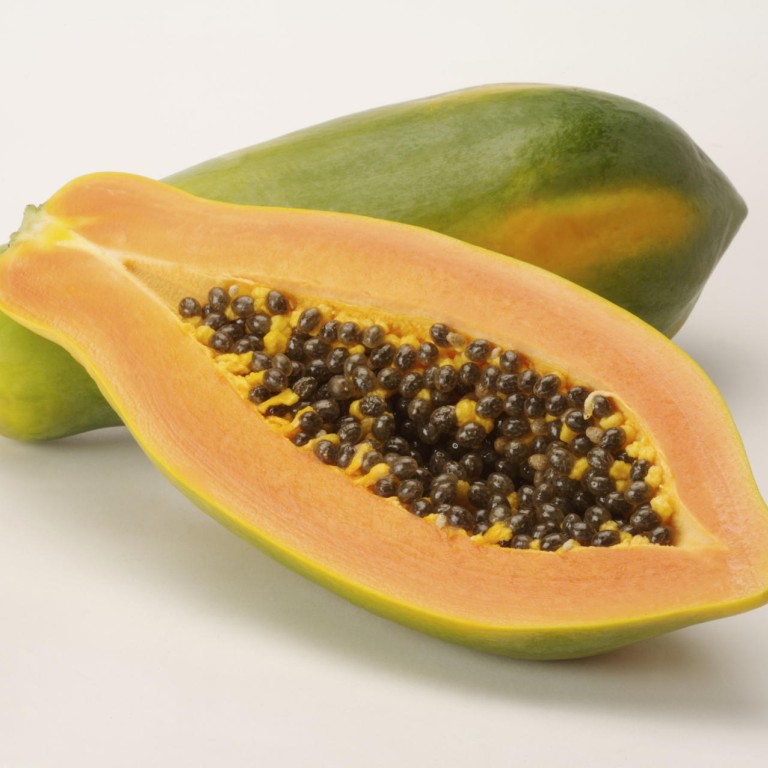
Hits and myths: Papaya and milk production
Made from fish and cooked unripe papaya, the soup is thought to promote milk production and boost the new mother's milk supply.
No
Fish and papaya soup is a common feature of many a new and expectant mum's diet all over Asia.
Made from fish and cooked unripe papaya, the soup is thought to promote milk production and boost the new mother's milk supply.
High in protein from the fish, and rich in vitamins and minerals from the unripe papaya, this dish is certainly healthy, but medical and nutrition experts say that there is no scientific evidence to justify its use as a galactagogue.
Enzymes in the fruit are thought to trigger these uterine contractions
Naturopathic physician Benita Perch, from the Integrated Medicine Institute, points out that the soup is simply a good source of nutrition for breastfeeding mums, which in itself is an important factor in breast milk production.
A study published in in 2001 showed that lactating women who consumed puréed papaya had higher levels of vitamin A in their breast milk.
Papaya is safe to consume during the final trimester and after giving birth. But experts caution expectant mothers from consuming papaya during the early and middle stages of pregnancy.
Raymond Chung Tsz-man, a nutritionist at Albert Place Practice/Mineralysis, says that animal studies have shown that papaya can induce uterine contractions, which can in turn increase the risk of miscarriage or cause a woman to go into early labour. Papain and chymopapain, the enzymes in the fruit, are thought to trigger these uterine contractions.
Dr Alexander Doo, a specialist in obstetrics and gynaecology at Matilda International Hospital, says that if papaya is to be consumed during pregnancy, it should be green or unripe.
Chung says that there are several herbs that have been shown to promote lactation.
A study published in the in 2012 states that the consumption of herbs such as milk thistle and fenugreek correlated with an increased milk supply. But it added that more clinical trials are needed to justify their use.
If there is low milk supply, Doo recommends increasing the number of feeds, and allowing the baby to breastfeed for as long as he or she needs.

